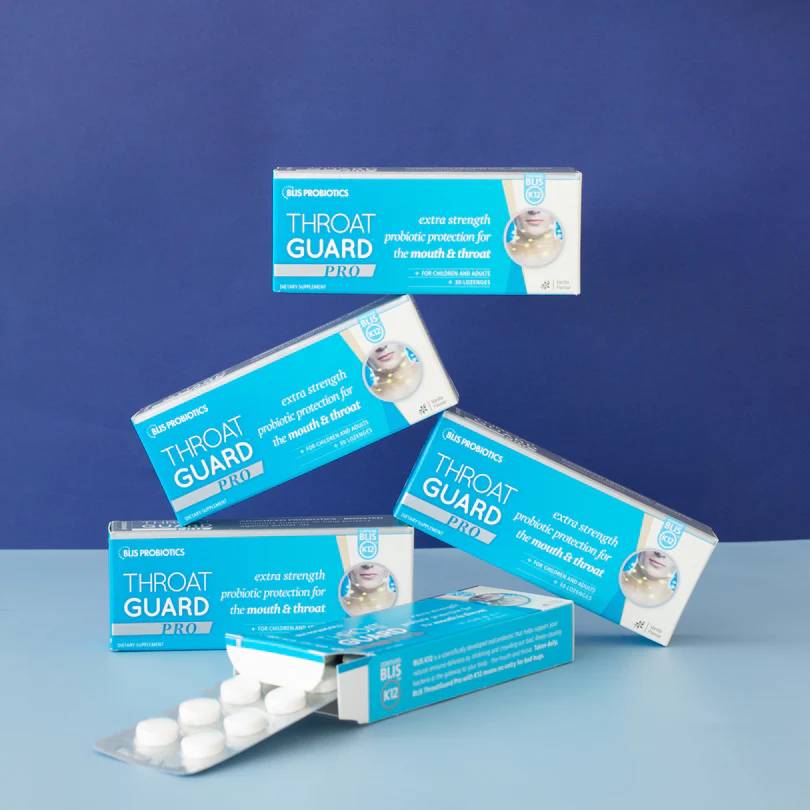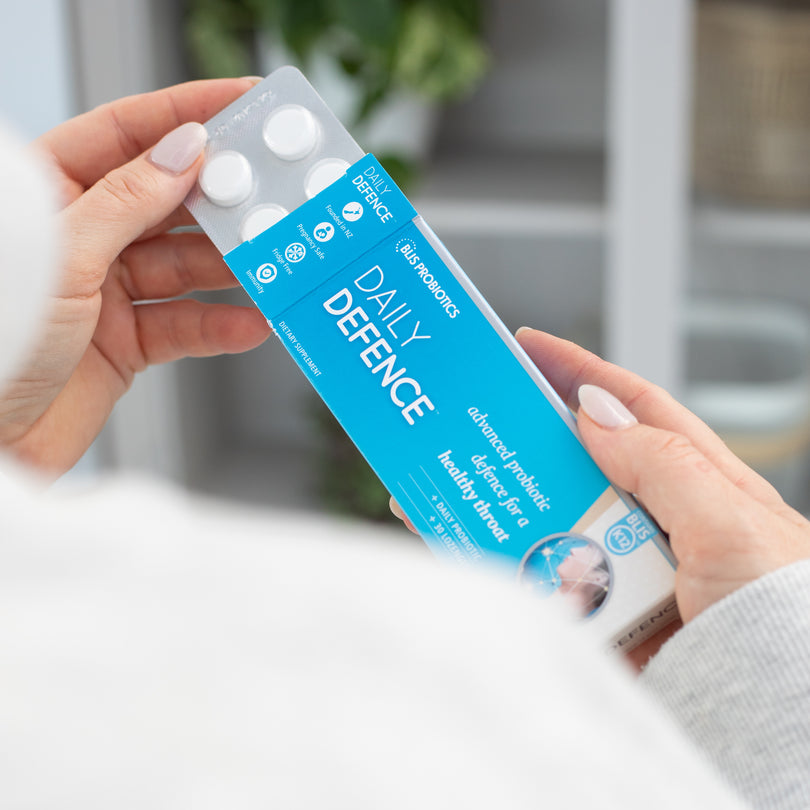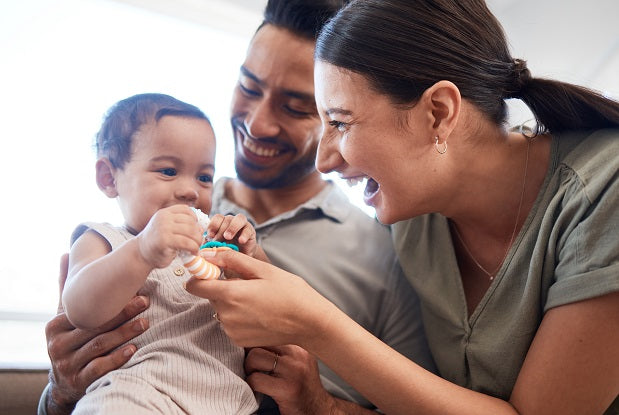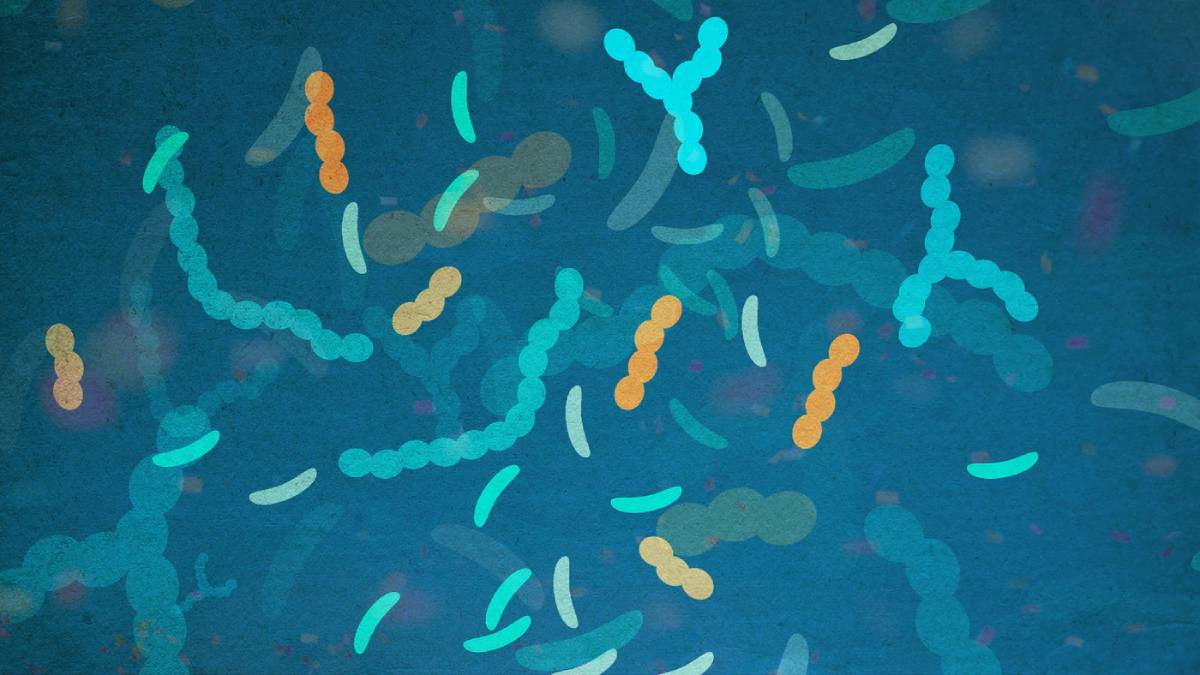Colonised for Life? Can I influence my baby’s microbiome?
There is a great deal of research being undertaken to understand how and when the microbiome of new-born babies is developed. Does this happen in utero? Or does it all happen in the first minutes of life as the baby comes into the world? The answer is not straight forward but there is increasing evidence that a mother can take steps that will positively influence a new-borns microbiome development.
A recent study published in Nature by de Goffau, M.C., Lager, S., Sovio, U. et al. (1) suggests that a healthy placenta does not contain bacteria, and therefore the development of the gut microbiome does not happen in utero. It is safe to say that there will be a great deal more research to come in this space as the human microbiome is further understood.
It is known that the first minutes and hours of life are instrumental in microbiome development across the board: skin, oral cavity, gut, and genital. There has been a lot of discussion about the differences in the microbiomes of those babies born through C-section vs those born vaginally and there are several studies that highlight the differences.
How a baby is fed also plays an important role. Health experts believe that breast milk is the best nutritional choice for infants. Breastmilk contains the essential nutrients, antibodies and other factors important for the growth and development of a baby and to help strengthen the immune system.
World Health Organization recommends that mothers exclusively breastfeed their infants first six months to achieve optimal growth, development, and health. But breastfeeding may not be possible for all women or chosen as a feeding method. This can raise questions for mums in the area of the development of their baby’s immune system and making sure they get the right nutrients. Formula milk is highly advanced in nutrient delivery and there are specialised probiotic supplements for babies to help increase the amount of healthy gut bacteria.
A key time for bacterial transfer is also when a baby is first picked up and kissed by the proud parents. The microbes that are abundant on the skin and in the oral cavity transfer to the baby through this action. If a parent is well colonized with BLIS K12™, this beneficial strain is transferred to the baby and becomes part of the natural oral microbiome of the child. This could have long term positive benefits to the child and may help support ear and throat health through the formative stages of life when their immune defences are low.
For those parents that are not colonized with BLIS K12™, there is DailyDefence Junior with BLIS K12. A scientifically developed oral probiotic for children 6 months and over that helps support their immune system at the gateway to the body; the mouth and throat. In a powdered format, it can be easily administered by sprinkling on cool food or just directly on to the tongue 1-2 times a day.
Streptococcus salivarius K12 (BLIS K12™) is an organism found naturally in a healthy human oral cavity – although most people do not have it at very high levels. It has also been found in breast milk and is listed as a Biosafety Level 1 (safest) organism in the USA.
For prospective parents, DailyDefence is an easy way to get BLIS K12™ into your own oral microbiome and at the same time give yourself some increased support for the body’s immune defences against common immune threats such as winter ills. It is suitable to take during pregnancy and lactation.
Always read the label and use as directed. If symptoms persist see your healthcare professional. Blis Technologies Limited, Dunedin
TAPS PP4894
References:
- de Goffau, M.C., Lager, S., Sovio, U. et al. Human placenta has no microbiome but can contain potential pathogens. Nature 572, 329–334 (2019) doi:10.1038/s41586-019-1451-5






